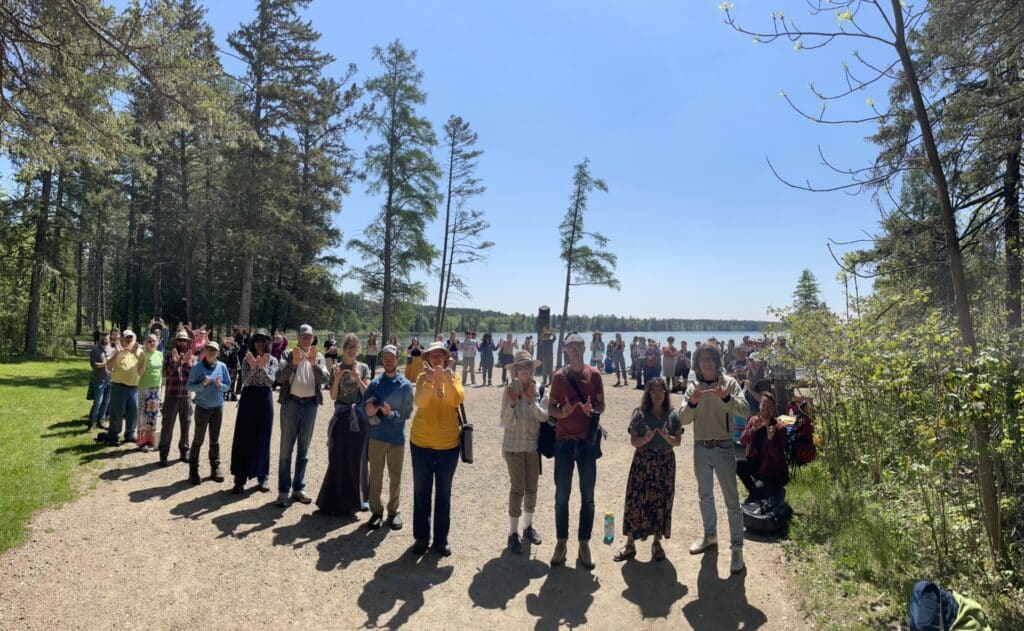Archive for August 2022
Center for Environmental Rights: White Earth Tribal Law: Recognizing the Rights of Manoomin
Anishinaabe culture and lifeways have been greatly threatened due to settler colonialism. The 1854 and 1855 treaties between Anishinaabe tribes and the US government are supposed to protect the rights of tribal members to access their traditional foods and medicines. For Anishinaabe people, manoomin is the primary sacred food source that not only ensured the tribe’s survival historically, but is also an integral part of the prophecy which pushed the tribes to migrate to the “land where food grows on the water.” For Anishinaabe people, all of existence has it’s own spirit, including manoomin, and so the White Earth tribe decided to bestow manoomin with legal rights as a “person” or legal entity. This, and similar work in protection of our non-human relations, is crucial in the quest to protect the land and water for future generations. The Niibi Center has been a community partner with the White Earth tribe in defining the policies at a Tribal level that can enforce their declaration of the inherent rights of manoomin.
Read MoreMpls St Paul Magazine: U of M Announces New Tuition Assistance Program for Native American Students
Access to quality local education is a critical issue for many indigenous communities. The
University of Minnesota college system has recently enacted a tuition assistance program that
will allow indigenous students from Minnesota to access higher education for minimal to no
cost, a move that will hopefully empower more young Native students to attend and finish
college. The University would not have made these sweeping changes in their tuition assistance
program without many years of advocacy from Native leaders and allies throughout Minnesota.
Interfaith Prayer Gathering at Mississippi Headwaters
Almost exactly a year to the day after the history-making Treaty People’s Gathering, a large interfaith group returned to the Mississippi headwaters to pray and remember.
Read More

